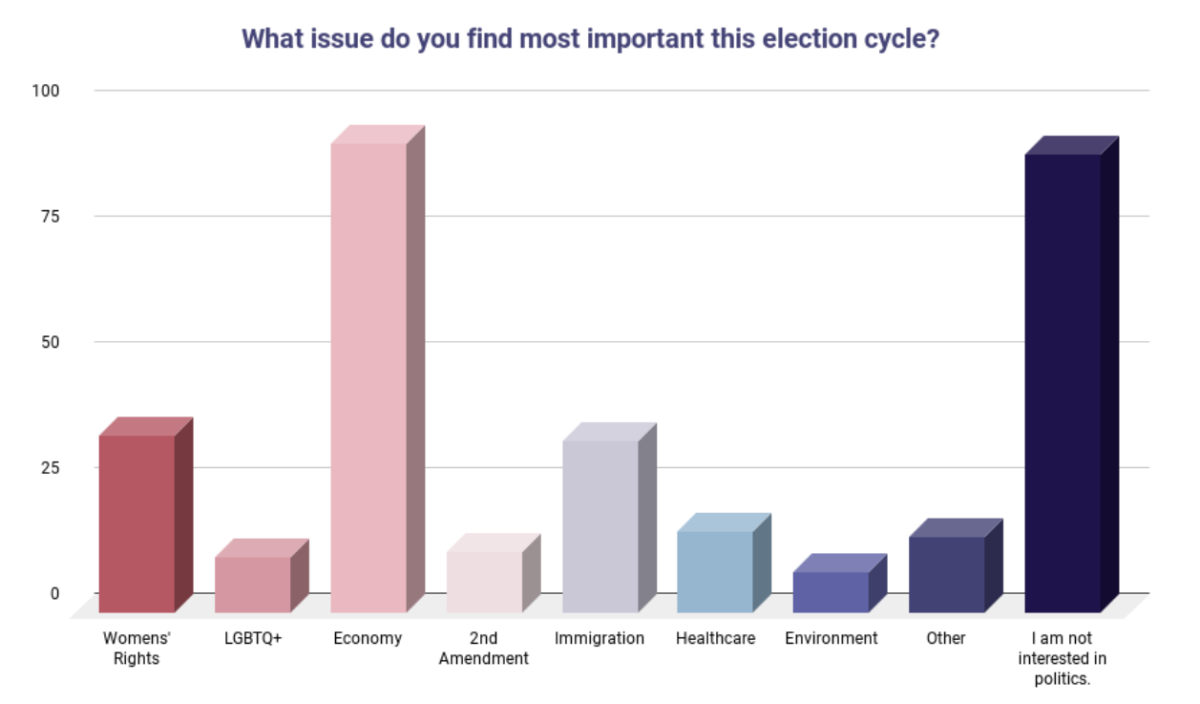A bill to increase Texas teacher and librarians’ pay by $5,000 for two years, proposed by Flower Mound State Senator Jane Nelson, has passed unanimously in the Senate.
“I think it’s very necessary and it should have happened a long time ago,” sophomore Abira Kaur said. “I think teachers are very underpaid because they do a lot of work for their students and they really deserve it.”
After several years of education cuts, lawmakers are saying education is a priority for this legislative session. Three major education bills, all numbered hightly, have been given priority in the session. Republicans Gov. Greg Abbott and Lt. Gov. Dan Patrick have both recently advocated for education reform — Abbott declared teacher pay an emergency item in his “State of the State” address in January.
“In order to attract and keep the kind of people you would like to educate students, you should value that position more,” Government teacher Carey Petkoff said. “We value police officers, firefighters, but whenever you talk about teaching, it usually with some kind of denigrating tone, and part of that has to with how little we get paid, which in our society equivocates itself to respect.”
Senate Bill 1, the budget bill which must be passed by July, includes $3.7 billion for teacher pay, $2.4 billion to fund public education enrollment growth, and $2.3 billion to reduce reliance on the “Robin Hood” recapture system. A separate bill filed by Nelson — Senate Bill 3 — includes $3.7 billion for a $5,000 teacher pay raise.Meanwhile, House Democrats have introduced an education bill that includes $14.5 billion. Similar to Nelson’s bill, their bill includes $3.78 billion for pay increases and benefits for teachers and support staff. However, it does not specify a fixed salary increase, and it includes staff members other than teachers. The bill includes $1.7 billion in property tax cuts, which would equal about $350 per home in LISD. Their bill would increase funding for all-day pre-K funding for economically disadvantaged students, special education students and English language learners.

The Texas Legislature operates similar to Congress — it’s composed of a House and Senate. After both pass bills on education, they work out the differences between the bills, then send it to Gov. Abbott’s desk, where he can sign it into law. There is an identical bill filed in the House. Lt. Gov. Patrick said in a statement he will be moving the bill to the floor at the earliest date possible.
In every state but one, public school teacher salaries fell below the average pay for that state, when compared to the early 90s, where teacher pay was above average in 26 states. Since 2008, Texas has made the second deepest cuts on education, only behind Oklahoma.
Increases in pay have either been slowed or cut in many states. In 2011, public education funding in Texas was cut by $4 billion, causing many districts to cut staff and other programs.
“The legislature needs to replace that funding, so that school districts can serve the needs of the students in a way that you guys deserve, by paying for things Texas can absolutely pay for given the size of our rainy day fund,” Petkoff said.
Texas, compared to every other state, has the largest economic stabilization fund or “rainy day fund.” Currently it is close to $9.7 billion.
This legislation is affecting future teachers, such as senior Jordyn Carlson. Carlson is a member of TAFE — the Texas Association of Future Educators — and said his sister, who’s now a teacher, did TAFE in high school, which inspired him to look into the program. For the past two years he’s looked into pursuing some form of teaching. Carlson said education funding should be dependent on each school and their unique circumstances, but he’s glad the bill is giving teachers the recognition they deserve.
“It really depends on the school itself, how much extra effort the teacher is having to put in or if there’s a large population of special education kids, where you have to put extra time to make sure that they’re getting the material,” Carlson said. “I think those teachers might deserve a little more because it is a lot harder.”
Education and teacher pay has reached national attention due to strikes from teachers across the nation. Recently, teachers in Denver went on strike to raise their base pay, which is currently $43,255. In Texas, teachers who go on strike risk losing their jobs, pension and teaching certificates.
Petkoff advises students who want to be involved in state politics to follow @txlegebills on Twitter, which automatically tweets information every time a new bill is filed.
“The text is really manageable it’s not outside the scope of understanding of a high school student,” Petkoff said. “If you see something that you like or don’t like, respond to the people in office, let them know what you think.”












